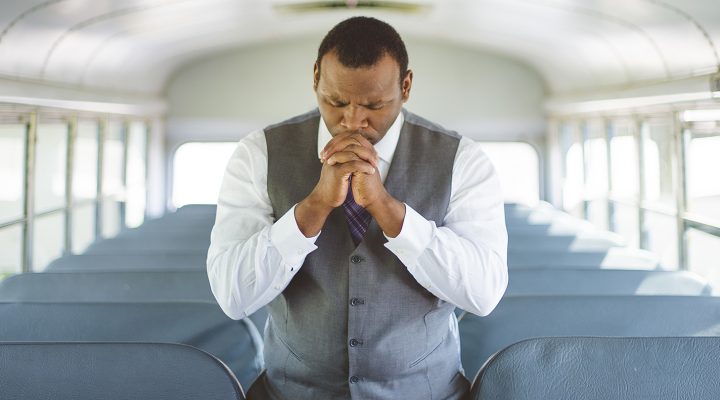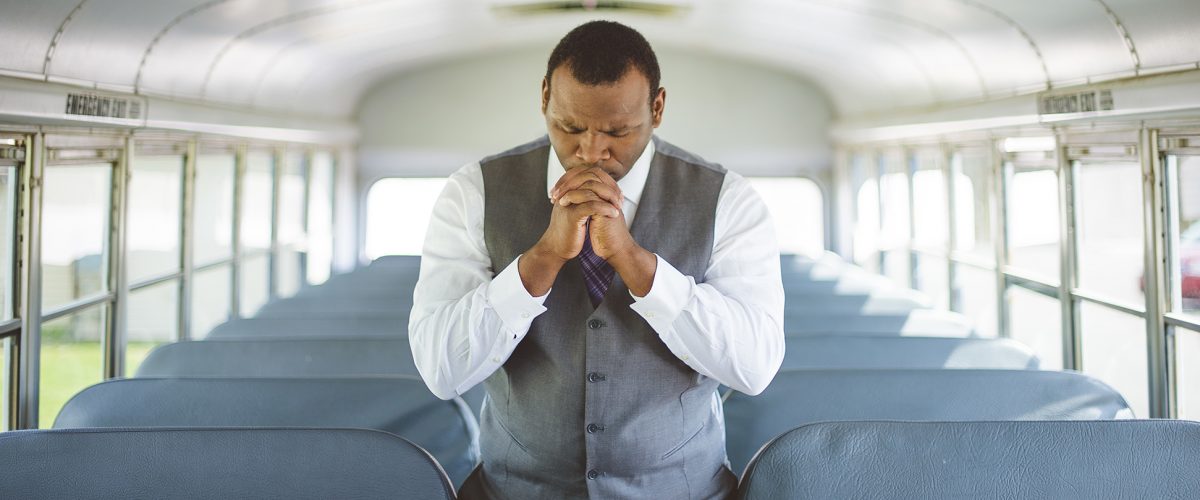A bill designed to make criminals of Floridians who provide transportation or shelter to undocumented immigrants is sending shockwaves through religious communities that minister to immigrants, a group of evangelical ministers say.
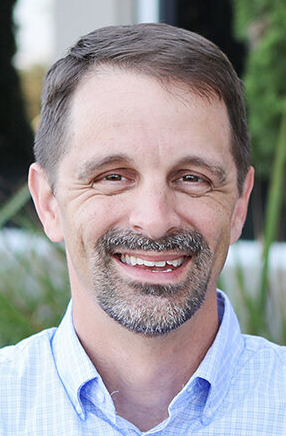
Jody Ray
“More than anything, what this legislation is creating is fear. It creates fear in the immigrant population, and it creates fear in the church. And with that fear you’re going to limit those who are willing to serve, and those who we can serve. And by doing that, we cannot live out our missional call, and therefore it is impinging on our religious liberties,” said Jody Ray, pastor of missions at Chets Creek Church, a Southern Baptist congregation in Jacksonville.
Ray was one of several Florida clergy to join a March 31 press call organized by the Evangelical Immigration Table to urge Gov. Ron DeSantis and state legislators to reconsider the language and morality of Senate Bill 1718 and a similar measure in the House.
The legislation makes it a third-degree felony, punishable by up to five years in prison and a $5,000 fine, to knowingly transport undocumented immigrants within the state. It also forbids municipalities from issuing government identification cards for immigrants who can more easily be stopped and incarcerated by law enforcement.
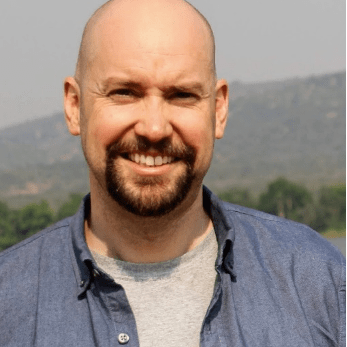
Myal Greene
The minsters who participated in the call included three Southern Baptists, an Assemblies of God pastor, a Church of the Nazarene official and the leader of an Evangelical Free Church congregation. Moderator Myal Greene, president of World Relief, joined them in pleading for a rewording or rescinding of the legislation.
“We’re praying Gov. DeSantis and the Florida legislature will abandon this misguided bill — and that our federal lawmakers will finally pursue the reforms supported allowing undocumented immigrants to earn permanent legal status and eventual citizenship if they meet appropriate requirements,” Greene said. “Having been born and raised in Florida myself, it’s heartbreaking that this assault to religious liberty has been proposed — a proposal that would criminalize sharing the love of Jesus with someone, some of the most vulnerable people in society.”
“It’s heartbreaking that this assault to religious liberty has been proposed.”
Opposition to the legislation is not politically motivated, said Gabriel Salguero, lead pastor of The Gathering, an Assemblies church in Orlando, and president and founder of the National Latino Evangelical Coalition.
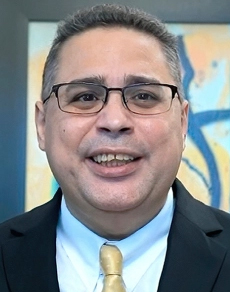
Gabriel Salguero
“This is not a partisan issue. For us, this is a pastoral issue. Many Latino pastors have vans and buses that transport young children to Sunday school. Some of us have Christian schools … and we don’t ask about people’s citizenship status or immigration status because Christ called us in the Gospel of Matthew 25: ‘I was a stranger and you welcomed me.’ And we think Jesus was asking us to take that seriously.”
The bill as written presents a violation of the First Amendment right to the free exercise of religion, said Dale Schaeffer, district superintendent for the Church of the Nazarene in Central and Northern Florida.
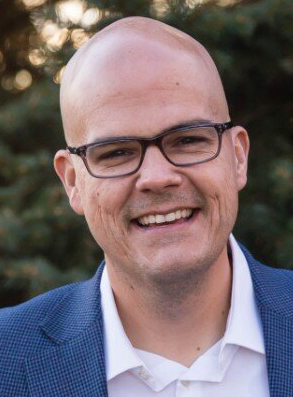
Dale Sheaffer
Its passage would cause major problems for the many Nazarene congregations that engage in outreach to immigrants that includes providing rides to youth events, worship and health appointments, he added.
“It could be illegal to drive an elderly neighbor to church if I or their driver reasonably suspected that they had not entered the country legally,” Sheaffer said. “It could be a felony for a youth pastor to pick up a teenager and bring them in a church van to a church activity or a summer camp. As many of our churches operate Christian schools, it could become a felony for the driver of a school bus to transport an undocumented student to a sporting activity for the school that they attend. You can see how the ramifications of this could be incredibly broad and far reaching.”
There also are ramifications to faith itself, Schaeffer said.
“For those of us who are people of faith, we recognize the importance that our lives are not guided by our own wants, our own desires, or even our own thoughts, but they are submitted to God’s desires. And God’s desire is that all people would be deeply valued. And so, the ability to express our religious freedoms, and that all people are valuable in God’s sight, is essential to the faith of the Church of the Nazarene and any evangelical Christian here in the state of Florida.”

Steve Gregg
The legislation presents a potential dilemma for churches accustomed to obeying the law and living out their callings at the same time, said Steve Gregg, associate pastor at Creekside Community Church, an Evangelical Free congregation in Gainesville.
“Our church is currently helping to launch a ministry that gives legal aid to folks trying to navigate an often-complicated path toward immigration legal status. We are committed to following the law and helping any client served to do the same. The way this bill seems to be written could put volunteers at risk of criminal prosecution for simply bringing clients to church or to other functions.”
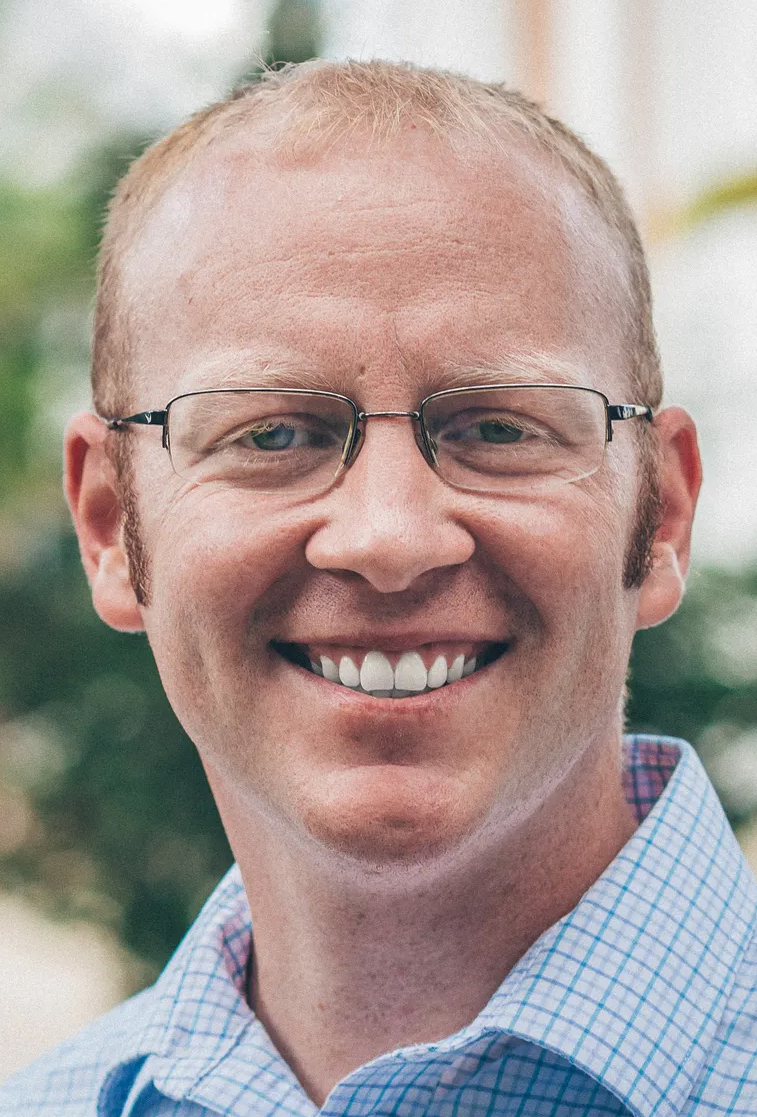
Gary Schultz Jr.
That dilemma would be significant for Christians who take seriously the commandment to love their neighbors as themselves, said Gary Shultz Jr., senior pastor at First Baptist Church in Tallahassee.
“We are called to meet not only spiritual needs, but also physical needs such as food, clothing, health care, financial assistance and transportation. If this bill were enacted as currently drafted, it would place Florida’s Christians and churches in an untenable decision, having to decide between obeying biblical commands or facing criminal penalties for showing biblical compassion.”
Related articles:
Florida Immigrant Coalition denounces DeSantis plan as ‘draconian’
Ron DeSantis: The anti-woke prophet of evangelicals | Analysis by Rodney Kennedy
Religious groups step up as DeSantis and Abbott make immigrants pawns for publicity
Former RNC head calls new DeSantis ad ‘ass-backwards blasphemy’

